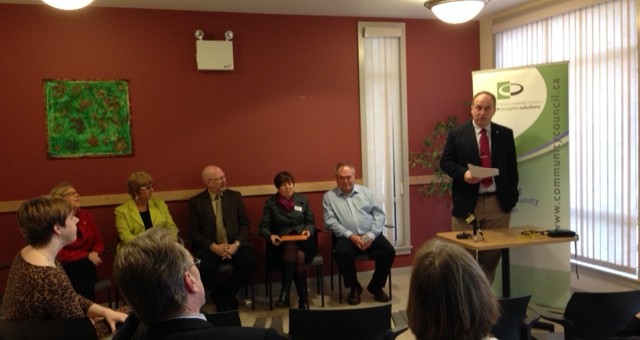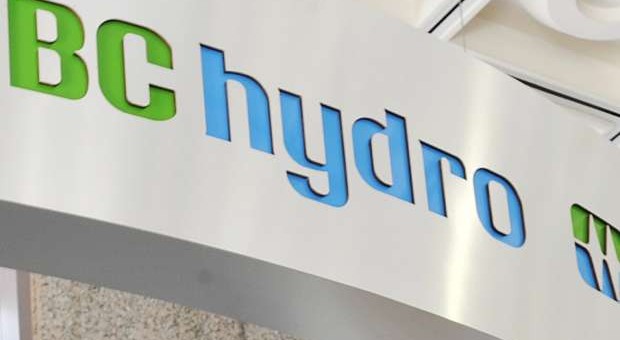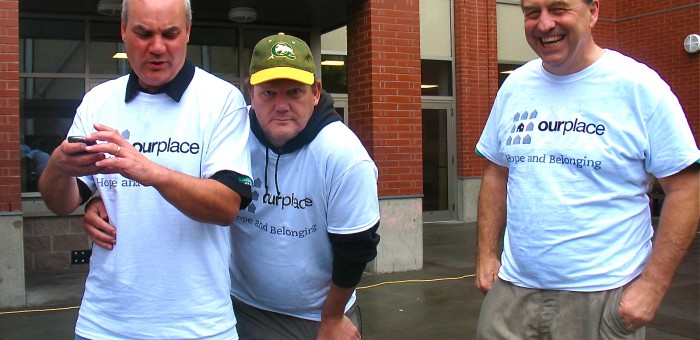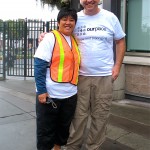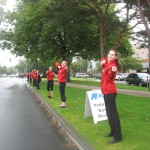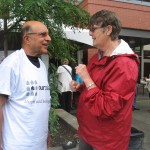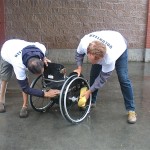Affordability
Reducing Poverty in Greater Victoria
At a press conference held by the Community Social Planning Council in Greater Victoria, a cross partisan group of MPs and MLAs endorsed the Community Action Plan on Poverty and spoke on the need for collaborative policy and action. Building on the vision shared at the Board Voice conference in Vancouver BC, Andrew Weaver spoke of the “opportunity to rethink how we address the social challenges that for years have afflicted British Columbians—our families, friends, neighbours, and ourselves.”
Statement by Andrew Weaver MLA – Community Action Plan on Poverty
“We’re here today in recognition that poverty is systemic within our community. But this is not new. For over a decade British Columbia has had the worst, or second worst, child poverty rate in Canada. The challenge confronting us is: “What can we do collaboratively to help eliminate poverty in our region”.
Each and every person living in Greater Victoria needs to recognize that poverty affects all of us. We need to recognize that working to end poverty is not only the right thing to do from a social perspective. But it is also the right thing to do economically. It simply costs society much more to let our most vulnerable fall through the cracks and end up homeless or on the streets.
How can we not act on the knowledge that thousands of people each year turn to food banks just to get by?
Like you, I believe we have a responsibility as a society to end poverty. Achieving this goal will require an overarching provincial strategy that fosters locally-based solutions. While Carol James and I, local first nations and the rest of you, continue to advocate for the development of that provincial strategy, we must all continue with our work in the community. That’s why we are here today.
The Community Action Plan on Poverty offers a local and grassroots approach to addressing poverty in our community. Its vision and guiding principles are inclusive, supportive and respectful. I am proud to support CAPP and I commit to doing my part as both an individual and as an MLA.
Collaboration and cooperation must be at the root of any successful poverty reduction strategy. I believe that when organizations as diverse as the Community Social Planning Council, the Vancouver Island Health Authority (now rebranded as Island Health), and the Victoria Downtown Public Market Society all work together on initiatives to reduce poverty, it represents a will to accomplish significant results. I truly am proud to support this collaborative action.
I am committed to doing my part to help address the 10 key focus areas identified by CAPP. Let me go further and commit to specifically focusing on three areas: Health, Housing and the development of a Strong Local Economy.
In addressing health within our community, I will continue to speak out on our need to improve access to and the transition from adolescent mental health services. Prevention is a key component of any poverty reduction strategy. Yet at the moment we do not have a coherent and effective system for treating adolescent mental health and as a result, too many of our youth end up falling through the cracks, particularly as they transition to adulthood.
I also plan to continue advocating for further investment into affordable housing, starting with the 2014 budget debate. Investment into affordable housing is sorely needed in the capital regional district where the average rent of a bachelor suite is more than one can obtain from a social assistance cheque.
Finally, I have been and will continue to be a strong proponent of building a dynamic and resilient local economy. As one example, I see the development of the clean-tech sector as an economic, social and environmental strategy that will provide communities with high-paying, stable, and long-term jobs. Developing a resilient, local economy will help provide the foundation for an effective poverty reduction strategy.
These are but three actions that I will commit to taking. But that’s not the end. If you have suggestions of other concrete steps I can take, I encourage you to please let me know. I am excited to be working with you to advance these goals.”
Endorsement of CAPP letter from Andrew Weaver
BC Hydro Rate Increase and Low-income Families
Over the past few weeks I have received a number of letters from constituents voicing their concerns about the recent announcement that BC Hydro will be raising the rates British Columbians pay for electricity.
Hydro Rates have been artificially low for a number of years now, based in large part because British Columbians are still benefiting from investments into hydroelectric dams from several decades ago. BC Hydro is now reinvesting in these capital projects, while also making investments in new projects to ensure that it can meet growing demand.
The reality that rates need to increase should not detract from a number of other concerns relating to BC Hydro’s operations including: political intervention, the role of BCUC and the overuse of deferral accounts, to name a few. All of these issues will play a role in determining future hydro rates. There is no simple solution to the challenges facing our public utility. We need to have a serious discussion about how we generate, manage, oversee and deliver our power.
In the meantime, however, there is also the need to ensure that decisions made today do not adversely affect those who are most vulnerable. Given that rates are going up dramatically over such a short period of time, we need to protect low-income earners. It is unacceptable to leave people choosing between essentials. In response to some of the concerns raised by constituents, I have sent the following letter to Minister Bennett:
Dear Minister Bennett,
Like you, I have been the recipient of a large number of emails expressing concern over the proposed BC Hydo rate hikes. I recognize that British Columbians presently pay some of the lowest electricity rates in North America as we benefit from capital investments made decades ago. I also recognize that our electricity rates will need to increase in the years ahead if we plan to update our aging infrastructure and bring on new sources of power.
Within our society, there are some who will struggle to pay the 28% increase over the next five years due to our high cost of living, particularly in Greater Vancouver and Victoria. As such, I am writing to suggest that your ministry consider introducing an energy rebate mirrored after the current carbon tax rebate for low income British Columbians. In addition, I assume that BC Hydro will continue its Power Smart for low-income households program.
By fixing the low-income energy rebate as a direct percentage of the carbon tax rebate, administrative overhead would be minimal. Such a rebate could be phased out with time, but its introduction is important to mitigate the economic shock to our lowest income residents.
Thank you in advance for considering this request.
Andrew Weaver
MLA Oak Bay-Gordon Head
Supporting Our Place
Andrew joined over 80 community leaders, volunteers and generous donors at Our Place September 7 for a car wash fundraiser. This event raised over $2,000.00 to support the important work done by Our Place Society. Tours of the facility were given while local, provincial and federal politicians joined members of the Victoria Police, Firefighters, local media and community groups to wash cars for this great cause.
Our Place is a community service provider in Victoria, where transitional housing, nutritious meals and many supportive programs are offered in a safe and dignified environment for vulnerable citizens in our region. Our thanks and appreciation to City of Victoria Councillor Charlayne Thornton-Joe for organizing this event.

